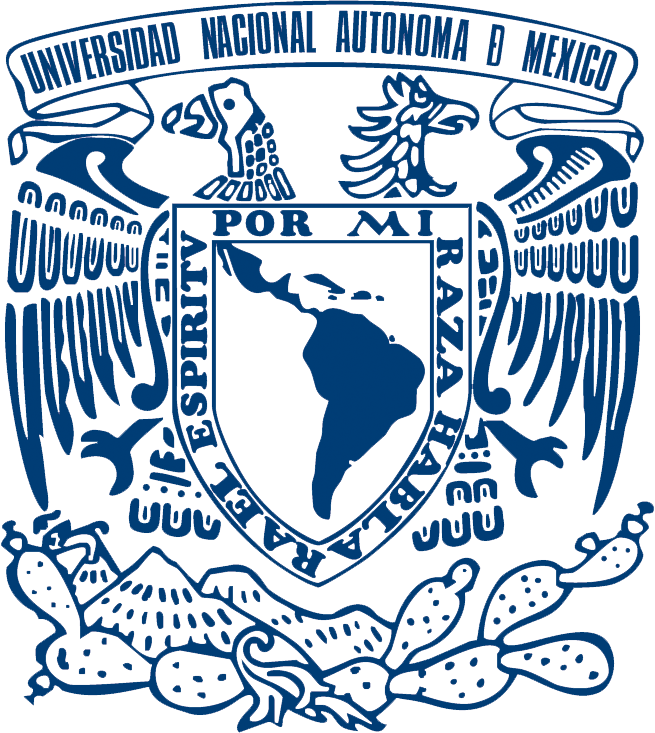Mexico City Prospective Study

BACKGROUND
The Mexico City Prospective Study (MCPS) is the largest blood-based prospective study of the health of a Latino population. The study offers an opportunity to investigate how social, lifestyle, physical, metabolic and genetic factors influence the major causes of death in Mexican adults in a large cohort that has already been followed for two decades.
Between 1998 and 2004, over 150,000 middle-aged adults including 100,000 women from the Coyoacán and Iztapalapa, districts of Mexico City, were recruited. They gave information about their lifestyle, and disease history, had physical measurements taken, such as blood pressure, weight, waist and hip circumference, and provided blood samples.
A resurvey of 10,000 surviving participants was completed between 2015 and 2019. It captured how lifestyles, physical and biological measurements, and treatments for disease had changed over time. This resurvey allowed us to better assess the relevance of characteristics such as blood pressure and smoking that can vary over time on premature death. We also collected urine samples and additional information such as bioimpedance (providing measures of body fat) and cognitive function.
A follow up health survey is currently collecting information on major non-fatal diseases by house-to-house field work.
Using blood samples we have genotyped and exome sequenced all participants. We are currently in the final stages of compiling metabolomic data for all participants which includes important biomarkers such as cholesterol and triglycerides. All participants are tracked for mortality through linkage to Mexican national mortality records. By mid 2022 about 35,000 were confirmed to have died.
DATA ACCESS
We welcome requests from researchers who wish to access data from the Mexico City Prospective Study. Any bona fide academic researcher can now apply to access the baseline data, the linked cause-specific mortality data and the 10,000 participant resurvey data. Mexican-based researchers can also access NMR biomarker data for a subset of 40,000 participants.
New data available to researchers based in Mexico:
- Genetic data are available for 9,950 whole genome sequenced, 141,046 exome sequenced and 140,831 genotyped participants. An online variant browser summarising the genetic variation is available at: https://rgc-mcps.regeneron.com. The genetic data will be shared by granting access to an online research analysis platform enabled by DNAnexus technology and powered by Amazon Web Services (AWS), where researchers will be able to access both the genetic and non-genetic data and perform their analyses.
If you are interested in obtaining any data from the study for research purposes or in collaborating with us on a specific research proposal, please read our Política de acceso a datos y muestras for full information including how to apply.
Study data can be viewed in detail using our online Data Showcase. You can also email us at mcps-access@ndph.ox.ac.uk with any queries about data access. For queries about the study or to contact the investigators, email mcps@ndph.ox.ac.uk. To find out more about the Nuffield Department of Population Health’s approach to data access, please read its política de acceso a datos.

